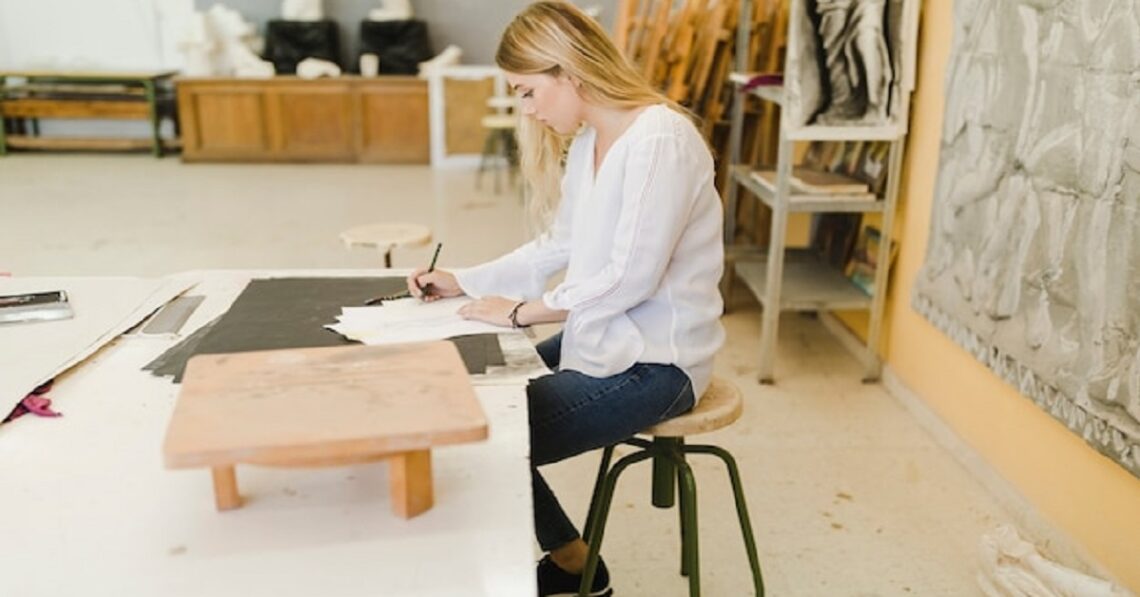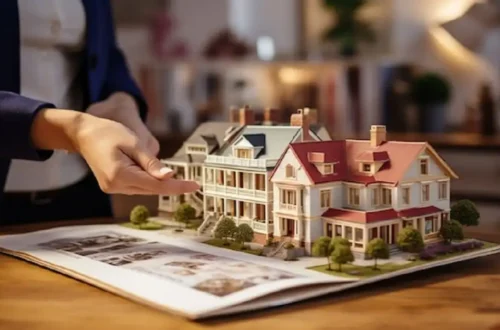Key Takeaways
- Custom-built furniture can significantly enhance the functionality and aesthetics of commercial spaces.
- Unique furniture designs can contribute to brand identity and customer experience.
- Data and research show an increasing demand for bespoke commercial furniture.
- This article explores the practical benefits and considerations when opting for custom-built pieces.
Introduction to Custom-Built Furniture
Cretoday’s memorable customer experience is paramount in today’s competitive business environment. One effective strategy is to use custom-built furniture in commercial spaces. Partnering with a custom furniture builder allows businesses to create unique, high-quality pieces that reflect their brand’s ethos and enhance the functionality of their space. This trend extends beyond aesthetics, encompassing functionality, brand identity, and customer engagement. Custom furnishings are not just about filling a space but about transforming it into an experience, ensuring customers feel connected to the business’s core values from the moment they walk in. It involves thoughtfully considering every element within the space, aligning design with users’ practical needs and psychological comfort.
The Rise of Custom-Built Furniture
The demand for custom-built furniture has surged in recent years. Businesses increasingly recognize the value of unique, high-quality pieces that align with their brand ethos. It makes sense in a world where first impressions often count for everything. Custom-built furniture creates an immediate visual and tactile impression, setting businesses apart in an increasingly homogeneous market.
Moreover, the growth of the gig economy and telecommuting has prompted businesses such as cafes, coworking spaces, and specialized retail stores to embrace more personalized interior designs. By doing so, they cater to a specific clientele and create environments that enhance productivity and enjoyment. This shift reflects a broader trend towards personalization in consumer experiences, echoing modern customers’ unique preferences and identities.
Benefits of Custom-Built Furniture
Enhanced Brand Identity
Custom-built furniture allows businesses to convey their brand’s personality through unique design elements. From color schemes to material choices, every aspect can be tailored to reflect the brand, making a lasting impression on customers. This personalization not only differentiates a brand in the market but fosters a deeper connection with customers, making them more likely to return. Additionally, bespoke furniture can seamlessly blend with other brand elements like logos, marketing materials, and overall décor strategy, presenting a coherent and attractive brand story.
Improved Functionality
Unlike mass-produced options, custom pieces are designed to meet specific needs. It means better utilization of space and improved functionality. These bespoke solutions can optimize floor plans and serve multiple purposes, making them a wise investment. For instance, custom cabinetry in a retail setup can provide storage and display options, maximizing utility without compromising design. This specificity also means businesses can streamline operations, improve employee productivity, and elevate overall user experience, making the space beautiful and highly effective.
Considerations When Opting for Custom-Built Furniture
Careful planning and consideration can ensure that the investment is well-spent and aligns with business goals.
- Cost:Bespoke and custom-made items are usually more expensive because of their unique design and skilled craftsmanship. Budgeting appropriately is essential to ensure the final product aligns with financial limits. Weighing the benefits against the cost can provide a clearer picture of the return on investment.
- Time:Custom furniture typically requires a longer lead time than off-the-shelf options. Planning and allowing adequate design, approval, and production time is crucial to avoid project delays. Businesses should account for potential adjustments during this creative process, ensuring flexibility.
- Materials:Choose materials that look appealing and withstand the wear and tear of a commercial environment. Durability ensures long-term satisfaction and functionality, especially in high-traffic areas. It is wise to consult the furniture builder about material options that marry aesthetics with practicality.
Real-Life Examples and Success Stories
Consider a boutique hotel that uses custom-built furniture to create a unique guest experience. Custom headboards, seating areas, and dining setups contribute to a cohesive and memorable stay, setting the hotel apart from competitors. Detailed attention to personalized design can translate to positive reviews and repeat bookings, significantly enhancing the hotel’s reputation and profitability.
Similarly, a high-end retail store might use bespoke shelving and display units to enhance product visibility and encourage customer interaction. Thoughtfully designed fixtures can lead to increased customer engagement and higher sales. Tailored solutions enable the retailer to utilize space creatively and execute effective visual merchandising.
Future Trends in Custom-Built Furniture
Sustainability and technological integration are poised to dominate the custom furniture landscape. More businesses focus on eco-friendly materials and processes, aligning with their broader sustainability goals. Using reclaimed wood, recycled materials, and sustainable fabrics helps the environment and appeals to consumers who prioritize eco-conscious choices. Integrating smart technology is becoming increasingly popular, allowing innovative solutions like adjustable workstations and interactive furniture pieces. These advancements can enhance convenience, productivity, and user experience. For instance, touch-screen tables in restaurants or ergonomic office furniture that adjusts to user preferences can provide a modern and efficient environment.
Conclusion
Custom-built furniture offers many benefits for commercial spaces, from enhanced brand identity to improved functionality and customer experience. While it may require a higher investment in time and money, the payoff in uniqueness and utility is often well worth it. Staying ahead of the curve with bespoke solutions can give businesses a competitive edge as trends evolve.





